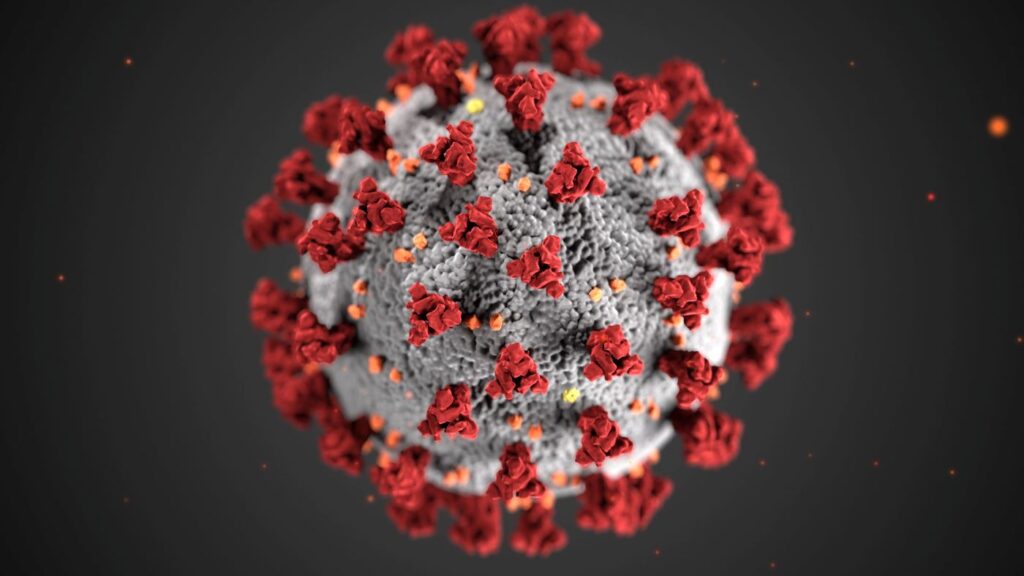Health, Health Conditions
Ways to Protect Yourself Against Respiratory Syncytial Virus
What is Respiratory Syncytial Virus (RSV)?
RSV (respiratory syncytial virus) is a common and highly contagious virus that affects the majority of infants under the age of two. It can also be dangerous for the elderly and those with compromised immune systems. RSV primarily affects the respiratory system, resulting in coughing, sneezing, a runny nose, and fever. In severe situations, it can cause pneumonia or bronchiolitis, especially in newborns and the elderly. Understanding the nature of RSV is critical for putting effective prevention measures in place.

Understanding the Symptoms of RSV
Recognizing RSV symptoms is critical for early discovery and treatment. Symptoms of the virus include nasal congestion, coughing, sneezing, and a low-grade fever. RSV can produce more severe symptoms in newborns, such as trouble breathing, fast breathing, and wheezing. It’s crucial to understand that RSV symptoms can range from mild to severe, and in some circumstances, medical attention may be required. Knowing the signs and symptoms will help you take the necessary precautions to protect yourself and your loved ones.

Who Is At Risk for RSV?
While RSV can affect anybody, specific populations are more likely to develop serious consequences. Infants under one year old, especially premature babies, are more vulnerable to severe RSV infections. Individuals with compromised immune systems, as well as those with chronic respiratory disorders such as asthma or chronic obstructive pulmonary disease (COPD), are also at a higher risk. It is critical to identify these high-risk groups in order to implement preventive measures and seek appropriate medical attention when necessary.

Prevention Methods for RSV
To protect against RSV, take a comprehensive approach that incorporates a variety of preventive strategies.
- Maintaining proper hand hygiene is critical in stopping the virus from spreading. Hand washing for at least 20 seconds with soap and water or using alcohol-based hand sanitizers can help eradicate the virus from the hands.
- Furthermore, proper respiratory etiquette, such as covering your mouth and nose when sneezing or coughing, can help prevent the virus from spreading through respiratory droplets.

Keeping a Clean and Healthy Environment
It is also critical to maintain a clean and sanitized atmosphere when fighting RSV. Disinfecting frequently touched items, such as doorknobs, light switches, and toys, can help to decrease viral contamination. Cleaning and disinfecting surfaces in your house, workplace, and other regularly visited areas on a regular basis can reduce the risk of RSV transmission dramatically. Furthermore, maintaining adequate indoor air quality through sufficient ventilation and the use of air purifiers can aid in the prevention of the spread of respiratory viruses.

Promoting Good Hygiene Practices
Adopting appropriate hygiene practices, in addition to hand hygiene and respiratory etiquette, can help to reduce the risk of RSV transmission. Avoiding close contact with those who are unwell or have respiratory infection symptoms can reduce the chance of catching RSV. Keeping a safe social distance and wearing masks in crowded areas might add an added layer of security. Regular handwashing and teaching children good hygiene practices can contribute to a better and safer environment for everyone.

Boosting the Immune System to Fight Against RSV
A healthy immune system is essential for preventing RSV and other respiratory illnesses. A healthy diet rich in fruits, vegetables, and whole grains can supply critical nutrients that help the immune system function. A robust immune system is also supported by regular exercise, appropriate sleep, and stress management. Furthermore, quitting smoking and limiting secondhand smoke exposure can help minimize the risk of respiratory diseases, including RSV.

Vaccination Options for RSV
While no RSV vaccine is presently available, ongoing research is focusing on creating preventive strategies. In some circumstances, antiviral drugs may be administered, particularly for high-risk individuals. It is critical to stay current on medical advances and consult with healthcare specialists for appropriate vaccine and preventive medication advice.

When to Seek Medical Help for RSV
RSV infections can usually be treated at home with supportive care such as rest, fluids, and over-the-counter fever reducers. Certain instances, however, necessitate medical treatment. Infants, the elderly, and people with underlying health concerns should get medical attention if they have severe symptoms, difficulty breathing, a deepening cough, or a persistent fever. Prompt medical action can help prevent problems and ensure that patients receive timely treatment.
Conclusion
Respiratory syncytial virus (RSV) is a very contagious virus that is known to cause serious respiratory infections in people who are more likely to get them. You can greatly lower the chance of RSV spreading by following easy hand hygiene rules, encouraging good respiratory etiquette, and keeping the environment clean. Additionally, protecting against RSV can be helped by maintaining a healthy lifestyle and learning about the different vaccines that are available. It is very important to be careful, take the right measures, and put your health and the health of your loved ones first. This includes finding RSV cases early and getting medical help right away if they are severe.


